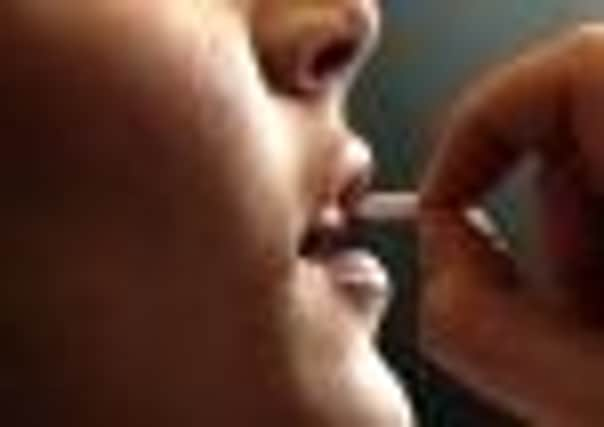Diabetes could be caused by heart disease pills


Selenium, a trace mineral found in “soil” foods, is widely regarded as having properties that defended against heart disease by protecting against oxidative stress and inflammation.
Researchers who studied data from around 20,000 adults in the US found that taking supplements did not lead to a reduction in risk, but taking too much could possibly lead to developing type-2 diabetes.
Advertisement
Hide AdAdvertisement
Hide AdThe chemical is essential in small amounts, with low selenium levels linked to an increased risk of death, poor immune function and mental decline. Saverio Stranges, professor clinical professor of cardiovascular edidemiology at the Medical School at Warwick University, said: “The limited evidence available at this time does not support the use of selenium supplements in the primary prevention of heart disease in well-nourished populations.
“Taking selenium supplements is probably neither beneficial nor harmful, but given the lack of trials to date, we cannot rule out some low level of increased risk of type-2 diabetes.
“We need to know what effect selenium supplements have in less well-nourished populations where dietary intake of the element is lower.”
He added: “However, the indiscriminate and widespread use of selenium supplements in individuals and populations with adequate or high selenium status is not justified and should not be encouraged.”
Latest figures from the Scottish Diabetes Survey show that around a quarter of a million people in Scotland suffer from diabetes with the majority – 217,500 – having type-2.
Heart disease is Scotland’s single biggest killer. More than 8,000 people die from heart disease each year north of the Border and over 270,000 people are living with the disease.
Dr Richard Elliott, research communications officer for Diabetes UK, said: “This large study of adults in the United States found no clear link to show that adding selenium to the diet increases your risk of type-2 diabetes. However, a link could not be ruled out completely.
“Further research is needed to clarify the risks and benefits, especially among Europeans who tend to get less in their diets than the Americans studied here.
Advertisement
Hide AdAdvertisement
Hide AdDr Elliott added: “Maintaining a healthy weight through regular physical activity and a healthy balanced diet low in sugar, salt and fat, and high in fruit and vegetables, is the best way to reduce your risk of type-2 diabetes. Selenium supplements should not be necessary for most people who eat in this way.”
Prof Margaret P Rayman, from the University of Surrey, said: “The relationship between selenium and type-2 diabetes is complex. It may be that the relationship is U-shaped with possible harm occurring both below and above the physiological range for optimal activity of some or all selenoproteins.
“Bearing that in mind, the indiscriminate use of selenium supplements in individuals or populations with adequate-to-high selenium status could increase risk.”
Graham Keen, Executive Director of the HFMA, added: “The vitamin and mineral supplements industry has an exceptional record of both safety and efficacy, in the UK and worldwide.
“Figures published by the Food Standards Agency showed that there were only 11 reported reactions to food supplements over an 11 year period, the majority of them in the lowest category of harm. Compared to other foods or medicines, food supplements have an enviable record.”
“Vitamins and minerals are essential for good health and wellbeing. In an ideal world, our diet would provide us with all the vitamins and minerals that our body needs for good health. But evidence from the National Diet and Nutrition Survey shows that a significant proportion of the UK population simply doesn’t achieve nutritional sufficiency through diet alone.
“As such, daily supplements provide important nutritional insurance for millions of users looking to safeguard their nutritional intake.”A spokeswoman for the Food Standards Agency said: “We advise that you should be able to get all the selenium you need by eating a varied and balanced diet.”